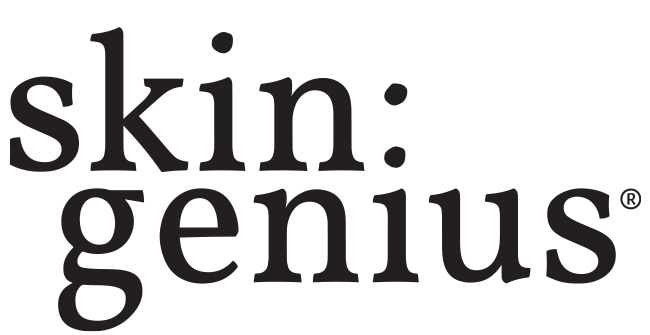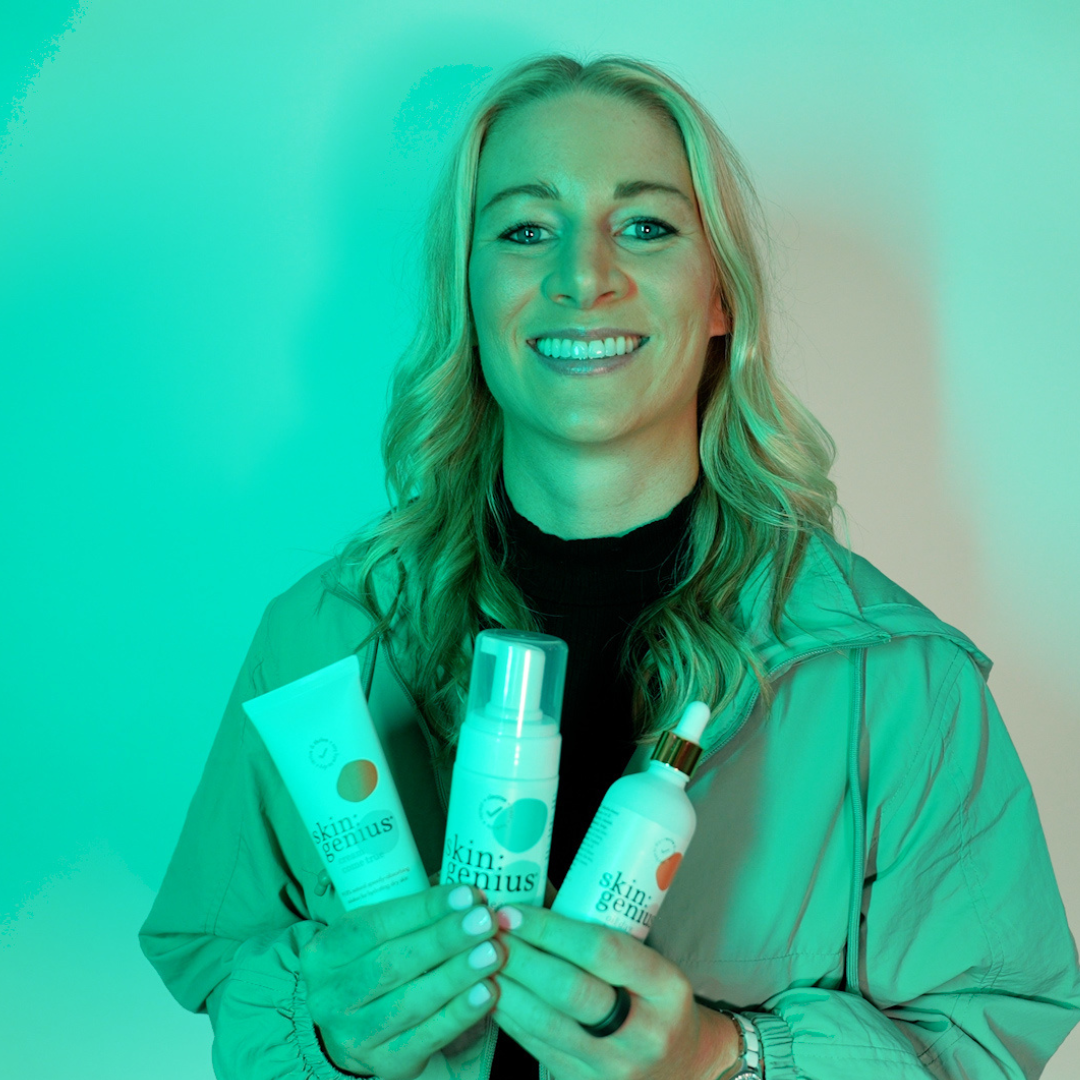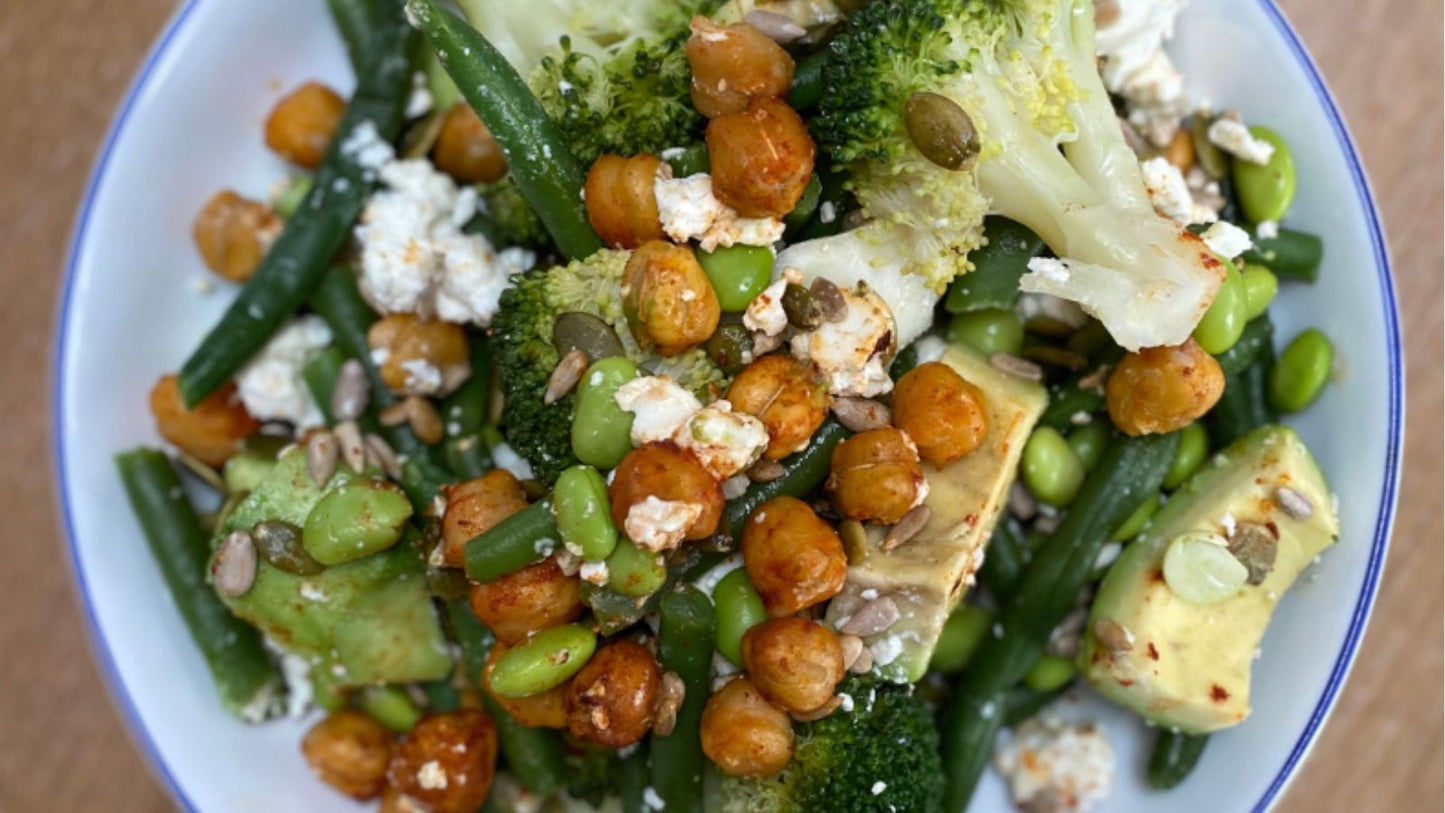

Isabelle Nunn
We are delighted to welcome Isabelle Nunn as our resident Functional Medicine Practitioner.
Isabelle Nunn MPharm (Hons) Dip NT, BANT CNHC and AFMCP graduate
Isabelle was a practising pharmacist for over 10 years and holds a Masters Honours Degree in Pharmacy, a Diploma in Nutritional Therapy and is a functional medicine practitioner with over 13 years experience in the health and wellness industry.
Isabelle has worked in small independent pharmacies and big retail chains including Boots, Paydens Ltd and Tesco. She has worked with Nuffield Health and MIND alongside running her own clinic practice. With a passion for nutrition and wellbeing, Isabelle has always looked for ways of supporting patients with a more proactive approach to health, rather than just relying on medication.
Like many of us, Isabelle has had her fair share of health problems suffering with PCOS when she was younger and also suffered with eczema from a very young age. It is only through understanding how a multitude of factors can impact skin health, that she found a more holistic approach to supporting her skin, inside and out.
Skin health is a topic that is very close to her heart, having acquired knowledge and expertise over the years on how to best support skin health in different ways. It has made a world of difference with the clients she has worked with, in a wide variety of settings including pharmacy and in clinic.
Isabelle says:
"When I practised as a pharmacist, there was and there still is, a far greater emphasis placed on prescribed oral and topical medication for a multitude of skin health concerns. Within a medical setting, other than what is prescribed, there is such a wide variety of skin care ranges available that can be selected from the pharmacy shelves. Some of which may of course do the trick, but do not necessarily resolve the concern in the long term.
Individuals complain of recurrence, scarring, redness, dry or flaky skin and above all, they are affected emotionally. They often lose hope, generally develop a low self-esteem and become quite confused about it all.
Skin:Genius truly aligns with my beliefs, which includes the fact that skin issues run deep, and everyone deserves to feel happy in their skin!
We share a desire to bring more clarity to the skincare market and help empower those affected by skin health conditions to better understand their triggers and what works best for them. By using a more holistic approach in addressing and supporting health imbalances, while using gentle and calming products, it could ultimately help provide a more soothing experience".
Isabelle 's Most Commonly Asked 5 Questions
1. From your pharmacist’s view, how can a natural approach help skin conditions including acne and eczema?
A natural approach can help most skin conditions. When it comes to acne and eczema, they are both inflammatory in nature and can be made worse with stress or the wrong selection of products. Yes, an individual may be prescribed a new medication or a steroid cream, but you should never solely rely on those. Many of the creams prescribed never help to improve the skin condition and could make matters worse. Customers hated the feeling of these creams on their skin as they were so greasy, with poor skin absorption, causing further irritation.
Keeping the skin hydrated and nourished with natural products can automatically provide more comfort within the skin. Equally remembering that products used to cleanse the skin, should also support the skin’s moisture barrier, be gentle and definitely not strip the skin of its essential oils. It is often the first mistake that many make. They may be buying the right moisturisers, but they make no change when it comes to their shower gels or soaps which often contain harsh chemicals, making the skin worse each and every time!
Calming ingredients like Chamomile, Olive extracts, Evening Primrose, Calendula and nutrients that help support immunity and skin health like Vitamins A, C, E and Zinc can make a big difference. Some of those key nutrients as well as essential fatty acids should also be obtained through the diet, first and foremost. You will occasionally find some within topical skin care products too.
The most important thing is to try and avoid ‘unwanted chemicals’, wherever you can. I know they can be everywhere - be it in the food you eat, the cleaning products used at home, or topical skin care products purchased. But over time, making simple swaps for ‘cleaner’ products will make a tremendous difference.
2. When someone is suffering with a skin condition, what should they do? Who should they talk to?
This is a very good question and above all, I’d say, best to always speak with a professional who can provide evidence- based advice. Expert advice is preferred, instead of making rash decisions which can lead to starting a new skin care routine with new products, which may actually do more harm than anything else.
Experts who are closely involved with certain brands will, of course, know their formulations inside out, and so could be the ideal individuals to respond to any niggly question, a customer may have about the product or its ingredients.
Above all, a registered nutritional therapist or nutritionist, can provide personalised support by looking into diagnostic tests, clinical history, family history, lifestyle as well as dietary patterns amongst other factors, to help identify the root causes of the health imbalances. It is often those imbalances which are responsible for triggering the skin conditions, in the first place.
A nutritional therapist will potentially look at digestion, regularity of bowel movements, mood, sleep, stress, energy levels, hormonal imbalances and dietary patterns, along with other day to day suggestions which can come into play.
3. If someone is on prescribed medication for their skin condition, what other factors can they look at to help aid skin recovery?
That is a very valid point, and there are several factors they can look at to help aid their skin recovery. Here are just a few:
Identifying and removing any irritants or allergens, which may hinder skin recovery. From the personal care products used at home -ranging from shampoos, face and hand washes, fragrances, to skin moisturisers, make-up removers, the type of cotton used, or even laundry softeners selected could all include irritants that contribute to inflammation.
The type of clothing fabric they choose can also irritate the skin, so best to make swaps for kinder fabrics to the skin, such as cotton.
Supporting the immune system can play a huge role, as there is a strong relationship between gut health, the immune system and the skin. Although some skin conditions like eczema for instance, may not be an autoimmune disease, immune system problems or weaknesses can contribute to flare-ups, and therefore hinder skin recovery.
Dietary changes have helped many to overcome regular flare ups, but it is important not to cut out important food groups simply because of an article you have read, or a rumour you have come across on social networks.
We are all unique, and this is where a personalised approach is best, looking into food sensitivities and allergies, before taking rash decisions on your own.
Since the gut has a very strong link to with the skin, it makes sense to support gut health as much as you can; so think plenty of fibre, a healthy intake of fats, lower the intake of processed foods which can be high in salt, sugar and additives, and try to generally aim for a colourful plate. A rainbow coloured plate, as I often call it, resonates with fruits and vegetables that bring adiet packed with nutrients, dietary fibre and polyphenols.
Different sources of fibre play a great role in supporting a rich and diverse gut flora (ie healthy balance of microbes). Fibre will also help support the elimination of toxins, and when this is not the case, the toxins become reabsorbed via the gut, and the body pushes them out through the skin. The latter in cause can contribute to inflammation, redness or itchiness. All of which can hinder skin recovery.

4. If people suffering with their skin become depressed, start to feel anxious or are suffering in another way, what would you recommend they do?
It is important that they communicate their feelings with someone they can trust. A friend, a family member or a
professional they feel most comfortable with.
I know it might sound easier said than done, but for many individuals it helps to pen down how they feel in a diary, while also making a list of things that could make them feel better. It is also important to plan time, and do something for themselves, i.e. a little bit of self-care, more often than they think they actually need it.
Seeking support and advice, will also allow them to realise that they are not alone, and they should not let their skin affect how they feel. There is more to an individual than first appearances, and it certainly does not portray who they really are, deep inside.
5. Are skin conditions hereditary?
Some skin conditions definitely have a hereditary component, examples include Psoriasis, Rosacea and Eczema.
With psoriasis for instance, it runs in families and so you are more likely to get psoriasis if you have a close relative who suffers from the condition. However, the exact role that genetics play in psoriasis is still unclear.
Research has shown there are different genes that are linked to the development of the condition, and it is likely that different combinations of genes can make people more vulnerable to the condition. It is important to understand that having these genes does not necessarily mean that you will develop psoriasis.
For many, psoriasis begins with a trigger or an event like stress or an immune disorder, could be making psoriasis worse.
When it comes to Eczema, it tends to be hereditary. It runs in families, but often develops alongside other conditions like allergic rhinitis or asthma. The risk of childhood eczema is two to three times higher in children with a maternal or paternal history, irrespective of parent sex or body region affected.
As for Rosacea, the cause is still unknown but it is likely to be a combination of genetics, an overactive immune system and environmental factors.
With other skin conditions like Acne, genetics are a key
factor in its development. Acne is inherited in an autosomal dominant pattern-meaning that if both parents had acne, 3 of 4 children will have acne. However, if one parent had acne, then only 1 of 4 children will have acne.
Blog Posts from Isabelle
As a practising pharmacist for over 10 years and holding a Masters Honours Degree in Pharmacy, Isabelle has a Diploma in Nutritional Therapy and is a functional medicine practitioner with over 13 years experience in the health and wellness industry. Isabelle will educate us with expert advice, support and information on skin health and conditions, a topic that is very close to her heart.
More from the blog
Festive favourties to nourish your body and elevate your mood with Kat Bright our Resident Nutritionist
The festive season is upon us and, while indulgence is part of the magic, why not make room for foods...
Managing menopause through smart movement with Val Simpson, our resident Fitness Coach
Perimenopause and menopause are times of change, which should also signal to you that your workout and exercise habits also...
Kat our Resident Nutritionist advises on essential foods during the Menopause
Do you feel confused as to what you should be eating when going through the menopause? Kat, our resident nuturitionist...





